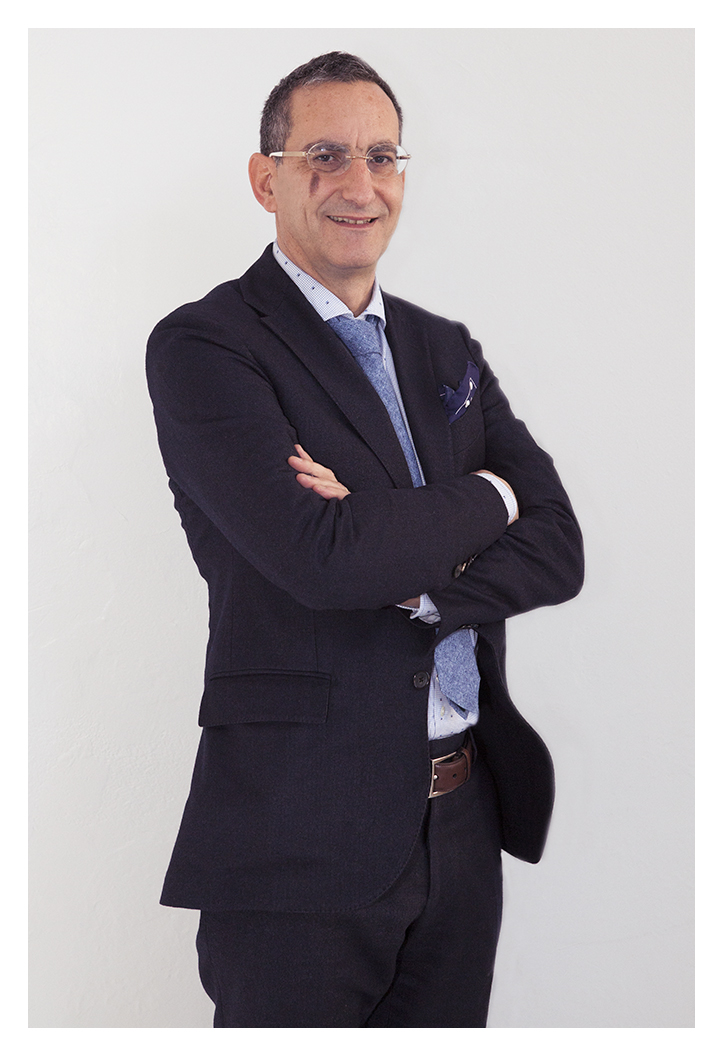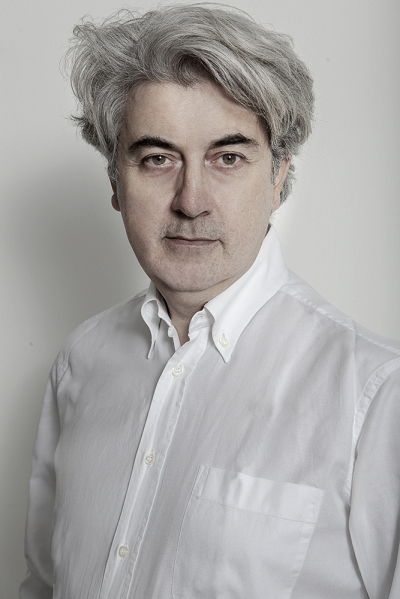Advertising, not propaganda
Interview with Massimo Occhinegro. The success or failure of an olive oil launched on the market depends on the business choices we make. Advertising is very useful, because through its repeated series of messages it helps consumers understand an extra virgin olive oil’s value and individual qualities – note the plural, since they really are numerous and varied. Although it has been produced for millennia, the oil obtained from olives remains a food/condiment which in many ways is still unexplored, waiting to be discovered. Today’s consumers should only be made aware, but never forced into making a choice.

Massimo Occhinegro. Born in Taranto in 1963, he graduated from Bocconi University in Milan with a dissertation on the competitive strategies of olive-oil companies. He works as a consultant for industrial companies, in the fields of tax and international marketing, with particular regard to the olive oil sector. He currently holds the post of chief auditor, or statutory auditor, on the boards of auditors of various Italian companies. In 2013, for Olio Officina, he published the ebook Analisi economica su venti imprese del comparto olio di oliva. Confronto degli esercizi 2010 e 2011.
 Today, when speaking of olive oils, everyone talks about excellence, but does everything we find on the market actually achieve such high standards?
Today, when speaking of olive oils, everyone talks about excellence, but does everything we find on the market actually achieve such high standards?
Absolutely not. For example, the extra-virgin category is multifaceted. It is not a simple product, even though the way in which it’s produced is pretty simple. The pressed olives give us the oil, but this in turn must be selected based on its sensorial profile and its chemical-physical characteristics. Once we’ve established the ideal blend suitable for various reference markets, then the various types of extra virgin olive oils can be bottled, but we can talk in terms of excellence only for a minority of these.
This minority, moreover, is difficult to manage.
Yes, because every time we need to create the conditions that allow it to enter an area reserved for a few. The market of excellence is elitist, so of course not everyone can access it. In many cases, we have to create this market “niche” ad hoc. Let’s not forget that for many consumers, extra-virgin olive oil is a new product, even if it has millennia of history behind it. Starting out as a local food, confined to the markets of producing countries, it has today become a popular cooking fat, but its various qualities and peculiarities must be explained and illustrated.
So, in order to fully win over consumers, we need to create expectations?
Exactly. In a global market in which 97% of food fats used are not oils obtained from olives, we need to abandon a typical marketing strategy and to focus on the differences and peculiarities of a product that is not yet fully understood.
It sounds like an impossible challenge …
It’s a great challenge, but success depends solely on the ability to make a mark. So far, extra virgin olive oil has been confined to the generic and indistinct segment of “condiments”, but it deserves to be positioned differently. It is no coincidence that we speak of a “functional” food product. We need to leverage the health aspects, as well as those related to pleasure, because these are two of its strong points, which consumers are not yet sufficiently aware of. These strengths, if wrongly perceived, may be misunderstood or even dismissed. That’s why we need to invest in advertising: to promote knowledge of a complex product that is always open to a multiplicity of uses.
However, companies invest little in advertising, and the risk is that such a healthy product is seen as just another commodity …
The risk is real, and we can already see the serious problems caused by the failure to understand the value of this commodity. Reluctance on the part of companies, so little inclined to advertise, is that many of them are accustomed to the idea that extra-virgin olive oil can make its own way in the market solely because it’s a product of superior quality. But that’s not how things work anymore. We need to tell the story behind it, also because for many people around the world it is still an “exotic” product.
What kind of advertising is required? Traditional approaches are no longer sufficient…
They are no longer sufficient, because there is the risk of confusing olive oil with any other undifferentiated, anonymous cooking fat. Instead we also must focus on its specific features and its – I would say unique – qualities in terms of taste and aroma. Learning how to use it correctly is a good start, also because many people use their chosen fat just out of habit, without thinking: they just pour on the amount they need without considering the effect it may have on other foods.
So advertising, as well as being suggestive and able to arouse interest, encouraging a purchase, must at the same time be able to take the consumer by the hand …
That’s right, through advertising you have to offer both commercial information and a public service aimed at helping those who do not know the product to make optimum use of it. Being a fat, it’s always advisable to recommend moderate use, also because the distinctive strength of extra-virgin olive oil lies in the correct dosage: its effectiveness is related to its marked ability to provide flavour, a strongly characterizing element which should be fully exploited.
Finally, do you have any advice for companies and consumers? First of all, for companies?
I would recommend approaching the market with a well-defined strategy, not pursuing price policies, but consistently choosing the product in close relation to the price that the consumer perceives and believes to be the right one. In order to avoid making mistakes, you have to choose the right distribution channel carefully. Engaging in constant, adequate and well-structured advertising and marketing is essential. Nothing must be overlooked. Even the packaging itself must be consistent with the marketing strategy.
And any advice for consumers?
You should never ask for anything from consumers. You should never force them into choices. So I have no advice. We are all consumers, and therefore as such we must become the real protagonists of the purchasing process, driven only by our curiosity to try new products and experiment. If we don’t have such a vision of consumption, then we can no longer speak of advertising, but only of propaganda, which is quite another thing.
Illustration: Doriano Strologo. Photo: Gianfranco Maggio
To comment you have to register
If you're already registered you can click here to access your account
or click here to create a new account


Comment this news